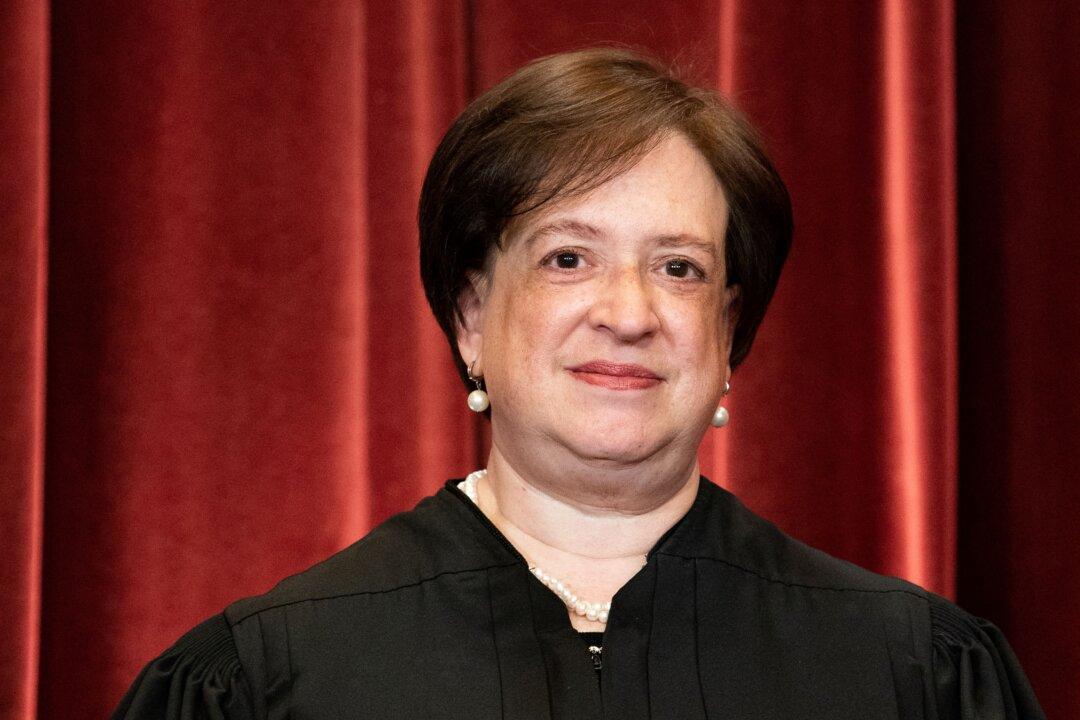A public school system in Michigan wronged a deaf student by failing to properly educate him, and the student was justified in suing the system under two federal laws, the Supreme Court heard on Jan. 18.
The hearing came as parents nationwide have become increasingly protective of the rights of their children and are taking legal action and demanding accountability from government officials. Among other things, parents in other cases say public schools have lost their focus on properly educating students and are spending inordinate resources on trendy projects such as critical race theory and gender identity education.





